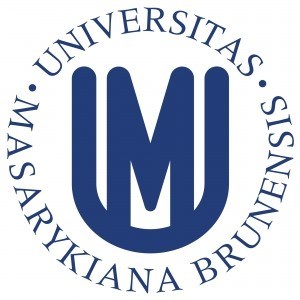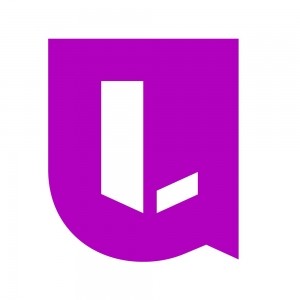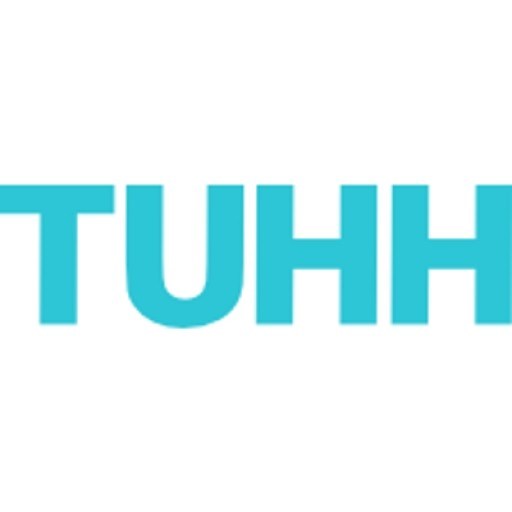Photos of university / #muni_cz
The Bachelor’s Degree Programme in Service Science, Management and Engineering at Masaryk University offers a comprehensive interdisciplinary education designed to prepare students for the evolving world of service industries. This innovative program integrates principles from management, engineering, information technology, and social sciences, equipping graduates with the skills necessary to effectively analyze, design, and manage complex service systems across various sectors. Students will gain a solid foundation in business processes, service design, data analysis, and organizational management, enabling them to address contemporary challenges faced by service providers in a globalized economy. The curriculum emphasizes practical application through project work, internships, and collaboration with industry partners, fostering hands-on experience and readiness for the professional environment. Students will learn to utilize modern technological tools and methodologies to optimize service delivery and enhance customer satisfaction. The program also focuses on developing critical thinking, problem-solving, communication, and teamwork skills, which are essential for leadership roles in service management. With a strong focus on innovation and sustainability, graduates will be well-prepared to pursue careers in various service sectors such as healthcare, logistics, tourism, information technology, and consulting. The program is designed to be dynamic and adaptable, reflecting the ever-changing landscape of service industries and technological advances. Upon completion, graduates will receive a recognized academic qualification, opening pathways to further studies or immediate employment in managerial and engineering positions within the service sector. Masaryk University’s supportive academic environment, combined with its strong ties to industry, ensures students are well-equipped to make a meaningful impact in the global service economy.
The Master's degree program in Service Science, Management, and Engineering at Masaryk University is designed to prepare students for the dynamic and interdisciplinary field of service systems and their management. This program offers a comprehensive curriculum that integrates principles from engineering, management, and information technology to address the complex challenges faced by modern service providers and organizations. Throughout the course, students gain a solid foundation in service science theories, strategic management, business process optimization, and innovative engineering solutions tailored to service-oriented sectors.
Students will explore topics such as service system design, digital transformation, customer experience management, data analytics, and process automation. The program emphasizes practical skills through project-based learning, case studies, and collaborations with industry partners, enabling students to develop solutions for real-world issues in sectors like healthcare, finance, logistics, and public services. The interdisciplinary approach ensures that graduates are equipped to analyze and innovate within various service environments, fostering a holistic understanding of how service systems function and evolve in a technological landscape.
The curriculum also covers key areas such as information and communication technologies, project management, quality assurance, and sustainable development within the context of service engineering. Students have the opportunity to enhance their technical knowledge with courses in programming, database systems, and enterprise architecture, ensuring they are capable of designing, implementing, and managing complex service infrastructures.
The program aims to develop critical soft skills including leadership, teamwork, and communication, which are essential for effective management and collaboration in multidisciplinary teams. Graduates will be prepared for careers as service system analysts, process managers, consultants, or entrepreneurs, contributing to the digital and organizational transformation of various industries. The master's program in Service Science, Management, and Engineering at Masaryk University is an ideal choice for individuals interested in shaping the future of service industries through innovative, efficient, and sustainable solutions.
Program requirements for the Master’s Degree in Service Science, Management, and Engineering at Masaryk University typically include a completed bachelor's degree or equivalent from an accredited institution. Applicants must submit proof of their previous studies, such as diplomas or certificates, along with official transcripts detailing coursework and grades. Proficiency in English is essential; therefore, applicants are generally required to provide evidence of English language skills, such as TOEFL or IELTS scores, meeting the program's minimum standards. Some programs may accept other language proficiency tests or have alternative proof mechanisms.
Additionally, applicants are often asked to submit a motivation letter or statement of purpose outlining their interest in service science and how their background aligns with the program's objectives. Letters of recommendation from academic or professional references may also be required to evaluate the applicant’s suitability and potential for success in graduate studies. Prior relevant experience in management, engineering, or related fields can be advantageous but is not always mandatory.
The selection process may include an interview, either in person or online, to assess the applicant’s motivation, communication skills, and understanding of the field. For international students, obtaining a valid student visa and providing proof of health insurance coverage in the Czech Republic are necessary prerequisites.
Applicants are advised to review specific admission deadlines and requirements outlined on the official Masaryk University website to ensure compliance with their application process. No separate entrance exam is typically required, but successful candidates demonstrate academic excellence and a strong motivation for the interdisciplinary field of service science, management, and engineering.
The financing options for the Master’s degree program in Service Science, Management, and Engineering at Masaryk University primarily include standard university tuition fees for international students, as the program is generally offered as a fee-paying study. The exact amount of tuition fees can vary depending on the student's nationality and whether they are enrolled as full-time or part-time students. Typically, tuition fees for master's programs at Masaryk University range from approximately 3,000 to 5,000 EUR per academic year; however, specific fees for this program must be verified from official sources.
Students have the opportunity to apply for scholarships and financial aid programs offered by Masaryk University and external organizations. The university periodically offers merit-based scholarships to outstanding students, which can cover a portion of or the entire tuition fee. Additionally, there are mobility grants and government-funded scholarships for students from certain countries, which can significantly reduce the financial burden.
Apart from scholarships, students may seek funding through student loans available from their home countries or international financial institutions. Some students also explore sponsorship opportunities from their employers, especially if the program aligns with their professional development or organizational needs.
International students are also encouraged to explore external funding opportunities, including Erasmus+ programs, which may provide exchange or mobility grants if they participate in student exchange measures.
It is essential for prospective students to consider living expenses in Brno, which include accommodation, food, transportation, health insurance, and other personal costs. Such expenses are typically estimated at around 8,000 to 10,000 EUR per year, but actual costs may vary depending on lifestyle and accommodation choices.
Overall, financing a master's degree in Service Science, Management, and Engineering at Masaryk University involves a combination of tuition fees, scholarship opportunities, potential sponsorships, and personal savings or loans. Prospective students are advised to consult the university's official website and contact the admissions office for the most current and detailed financial information, including application deadlines and eligibility criteria for various funding options.
The Master’s degree programme in Service Science, Management, and Engineering at Masaryk University is designed to provide students with comprehensive knowledge and skills necessary to innovate and manage complex service systems in various industries. This interdisciplinary programme combines elements of management, engineering, and technological sciences to prepare graduates for careers in designing, implementing, and improving service-oriented processes and business models. Students are introduced to concepts such as service design, process optimization, digital transformation, information technology management, and sustainable service development, ensuring they acquire a broad and applicable skill set aligned with current industry demands.
The curriculum emphasizes practical applications, encouraging students to engage in real-world projects, case studies, and collaborations with industry partners. Courses cover topics such as service innovation, data analytics, service quality management, and organizational and strategic management of service firms. Additionally, students develop skills in project management, leadership, and communication to effectively lead multidisciplinary teams and manage complex service initiatives.
The programme also promotes the use of modern information and communication technologies, such as cloud computing, big data analytics, and artificial intelligence, to enhance service delivery and operational efficiency. Graduates are equipped to work in a variety of sectors, including information technology, telecommunications, healthcare, logistics, and public administration, where they can lead digital transformation and service development projects.
The Master’s programme is delivered in a flexible format, with coursework conducted through a combination of lectures, seminars, workshops, and project work, often allowing part-time and modular study options. The university supports intercultural and international exchange opportunities, partnering with other universities and institutions worldwide, providing students with a global perspective on service management.
Graduates of this programme are prepared to pursue careers as service managers, consultants, project leaders, and innovation specialists. They are also well-positioned for doctoral studies and research roles in areas related to service sciences. The interdisciplinary nature of the programme reflects the evolving landscape of global industries, emphasizing the importance of integrating technical expertise with managerial competencies to develop innovative, sustainable, and customer-oriented service solutions.










